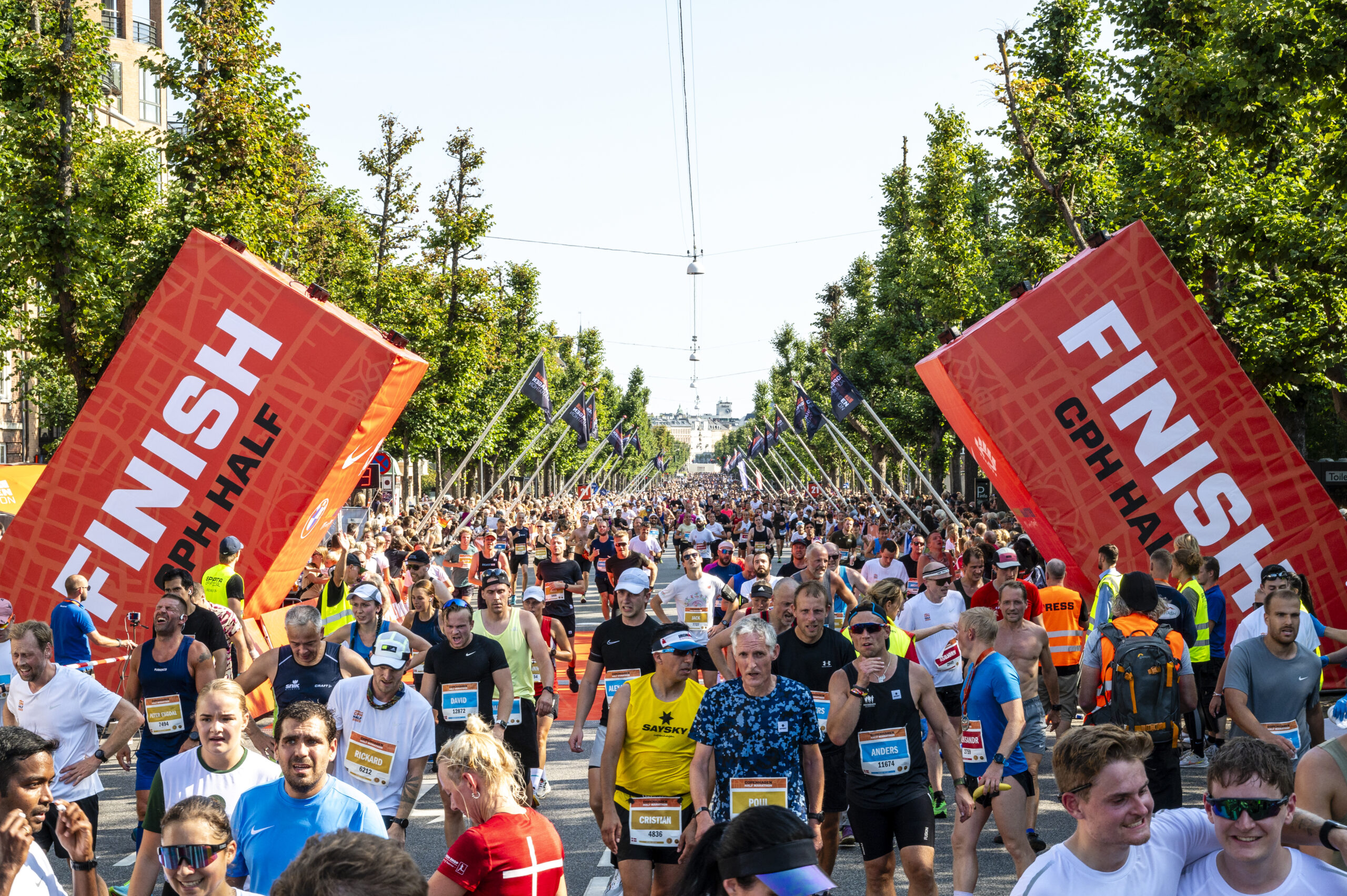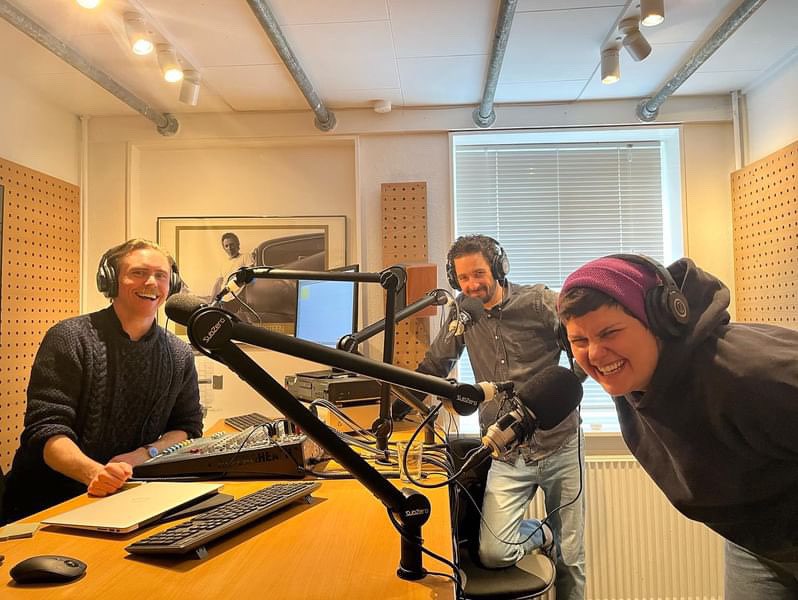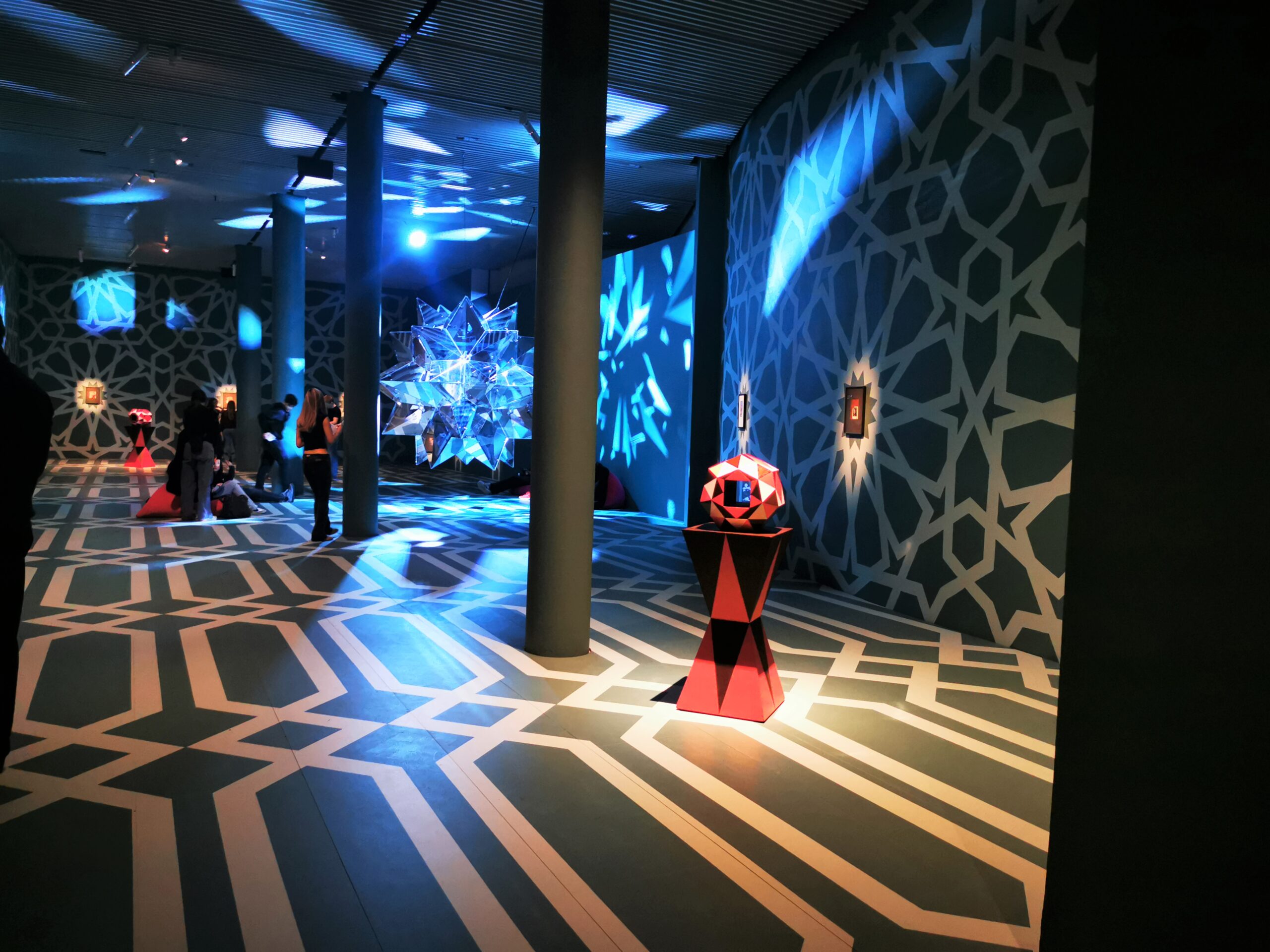While strutting about the other day, displaying my feeble attempt at sporting a Movember ‘stache, I met up with engineer Jørgen Rossen and the Danish ambassador to France, Anne Dorte Riggelsen, and was pleased to hear about their ambitious plans to establish a new international student city in Amager .
While the initiative is still in its infancy at the moment, it’s the latest move towards a more internationally-diverse and culturally-accepting Denmark.
Drawing inspiration from the international student city in Paris, the International Student City in Copenhagen (ISCC) would provide housing to upwards of 5,000 students, something that the city desperately needs with the international student population expected to exceed 15,000 by 2020.
But the ISCC won’t only be alleviating the housing shortage. It will also help tackle many of the other issues that have contributed to Copenhagen only being ranked 39th out of 98 student cities in the world. It’s no secret that Danes aren’t the most open people on the planet and it’s a shame that the lovely city is hindered by its limited ability to accommodate its valuable foreigners.
One of the brilliant concepts that ISCC will employ is that each individual national will have its own house. Denmark, Cambodia, Armenia, Greece and Great Britain are just a few of the over 40 nations that have their own house in Paris. But the true genius is that only 50 percent of each nation’s students may reside in their national house. The remaining half are spread out over the houses of other nations, thus allowing students to live with and embrace different cultures. Just picture it: Americans living in the Russian house, Danes in the Colombian, French in the Australian. It’s globalisation glee.
This should help address that tendency students have towards seeking out their own kind when living abroad, but it will also provide an international foundation and flavour that Danish students can ingest, which may lead to them adopting a more positive stance towards their international community.
The possible establishment of the ISCC is just one of several initiatives of late that convey a consolidated movement towards a more open-minded, welcoming and, dare I say it, cultured Denmark. It looks as if the decision-makers are finally accepting that Copenhagen needs to shape up if it wants to remain a competitive player on the global stage.
The city’s über mayor, Frank Jensen, may be a Christmas party debaucher extraordinaire, but there is no denying that he’s seen the light in terms of Copenhagen needing to embrace a more international outlook. Jensen has already endorsed building more international schools in Copenhagen and has proposed that councils adopt languages other than Danish in order to cater to the international community.
He is also firmly behind initiatives geared towards attracting and retaining skilled international talent, many of whom avoid Denmark because the country is less attractive than other nations when it comes to jobs, friendliness and accommodation. They will mean that students who have a positive view of Denmark when studying are more likely to stay and keep their skills in the nation after graduating.
Furthermore, that phobia of foreigners generated by 9/11, and the consequent rise of Dansk Folkeparti, seems to have abated as of late, as was exemplified by the fall of the right-wing government and the laxation of immigration laws earlier this year. Certainly, there is much room for improvement in the immigration arena, particularly as the woeful Immigration Services that continue to be inadequate and far too bureaucratic in their procedures. Almost everyone I know seems to have a story about a highly-skilled person who wants to work here but has waited months upon months for a visa. Situations like these certainly don’t help the retention or attraction of anything, except maybe a one-way ticket out of Denmark.
So yes, there are the small matters of the 800 million kroner needed to begin the construction of the ISCC, and an immigration system that still throws far too many barriers in front of people wanting to live in, and contribute to, Denmark. But with a number of dedicated souls like Rossen and Riggelsen behind the ISCC project, and a mayor who continues to fight the good fight, Copenhagen could very well morph into a little international gem sooner than one might think.














